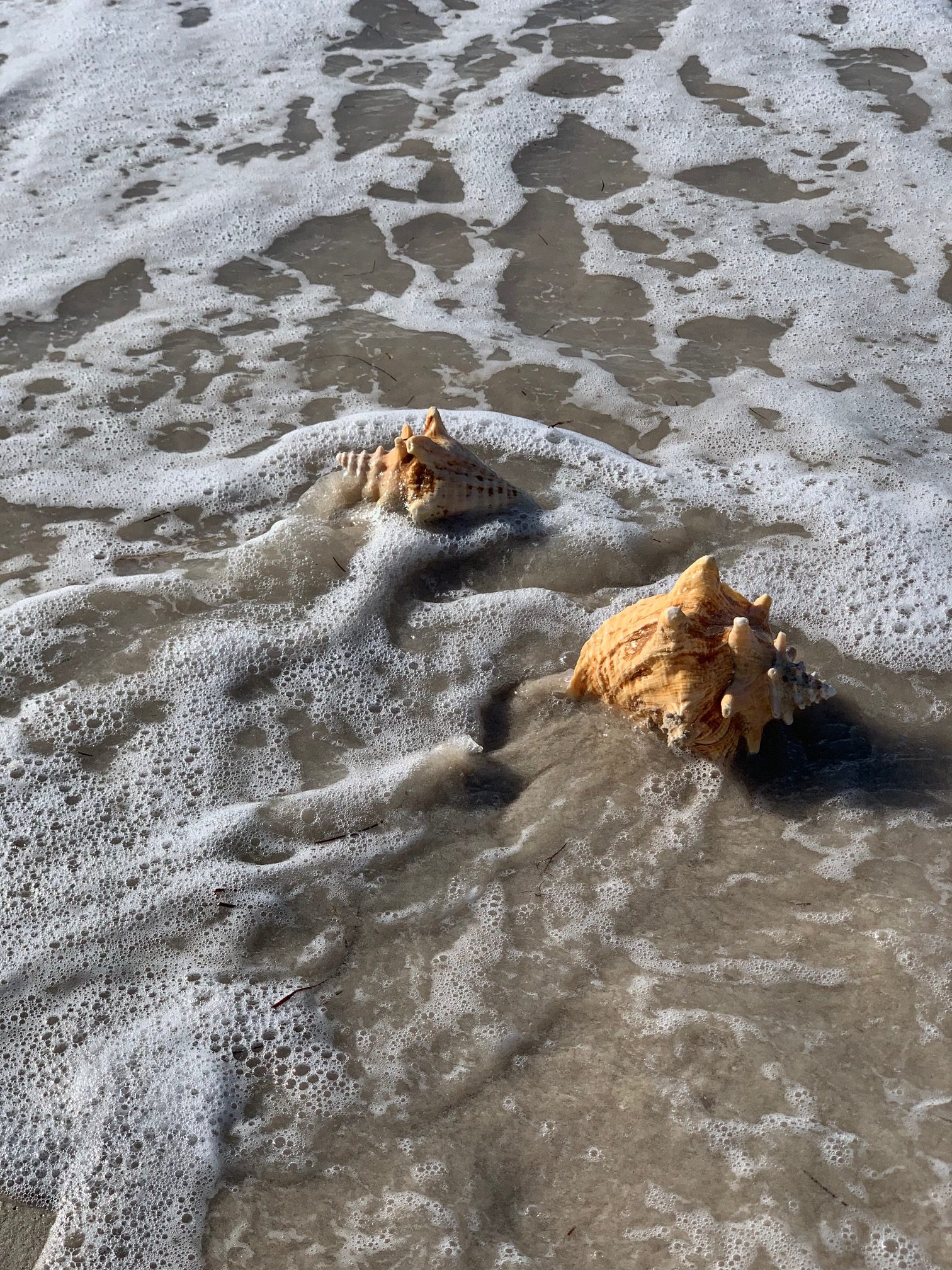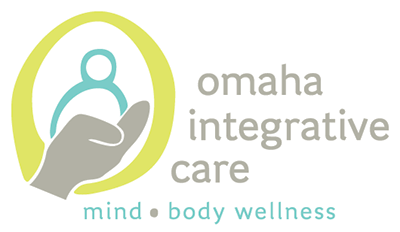
If you haven’t already experienced a significant shift in how you work and live due to the current pandemic, you likely will. Many of us are already adapting to working remotely, figuring out how to accommodate for children being home from school, and recognizing the amount we typically gather socially, eat out, or simply think nothing of our neighbor coughing. Some of us are now facing significant financial uncertainty, worried about our own health or the health of those we love, or even worse, wondering how we will access food and healthcare. Now more than ever, we are called upon to take care of ourselves and each other with loving kindness and mindfulness.
Oddly, I have been on vacation with my family during the escalation of this pandemic. My family has been taking this week to rest and relax with each other for over twenty-five years. It’s a sacred time for all of us and this year I was particularly looking forward to it. I’ve worked more than I have in a long time and have experienced my own challenges and stress-related health concerns. For several months I have been willing myself to make it to this one week and I am sure we will all remember this year differently than others.
We’ve had varying degrees of social guilt and questioning. Some of us have been working much of the time. My brother and sister-in-law are away from her family in Spain, unsure when they will make it back. I’ve worried about our patients, our providers and employees. It’s been difficult to sleep and truly relax. Yet, I recognize how fortunate we are to be together and in a place we can sit in the warmth by the ocean, even if it has been with a laptop. It’s just a different vacation, just like we will have a different kind of “normal” when we return.
Embracing a new normal
We humans are creatures of habit with minds wired to protect us from harm or the perception of harm. In order to cope with the trauma and grief in our world, our brains put things into neat categories and make a lot of assumptions. The majority of us assume that when we walk out the door each morning, we and our loved ones will return at the end of the day happy, healthy, and whole. It’s typically not until we have experienced otherwise that we think any other way.
Currently, we as a global community are experiencing challenges to those assumptions and our routines have been disrupted. It is for the greater good but can feel awkward, clunky, and dysregulating. For those of us who have experienced any kind of trauma we are even more susceptible to this disruption in what feels normal.
Yet, a new normal is an opportunity. Because we are typically so committed to our routines, social isolation and other precautions can be just what we need to shake things up. Maybe it’s time for “normal” to evolve. Anything different will feel strange, but that does not mean it is bad or needs to be feared. I frequently hear people say they’d like to cook more. Here’s a good time. So many families feel harried by their commitments. Now’s a time to slow down.
Loosen your grip
When I am stressed, my body gets tight. Sometimes I even notice my hands tightening into fists like I’m trying to hold onto something that isn’t really there. In the first days of this pandemic developing I began to notice my attachment to things. Meetings started to get canceled and I felt myself being irritated. I had put so much work into preparing for those meetings. And, when on earth would we find time to re-schedule them? It was like having FOMO (fear of missing out) even though I knew no one else would be there.
And then came all of the other things I have become attached to – monthly dinner with one of my dearest friends, going to the gym, March Madness (of all things). Some silly, some more meaningful, but all just things that I could let go of. I can have a phone call with my friend. Basketball will be back. The gym will be there when we’re ready. It’s an interesting practice of non-attachment. It is not that the not having these things doesn’t bring up emotion, but that you can recognize the emotion, name it, and come back to the present moment. Acknowledge there is some discomfort, maybe even grief, in letting go.
Manage your emotions with kindness
Fear, being out of our normal routines, and lack of sleep are just a few conditions that can make it difficult to manage our fluid emotions. My sister and I snapped at each other today. We’re both worried, tired, and struggling with our own decisions. I was sensitive; like walking out into the sun with a sunburn. I personalized what she said out of the heaviness I am feeling about being away from my patients and my team. At first, I wanted to dig in and “win my case,” but ultimately, I took a breath and walked away.
Walking and breathing helped me identify the array of emotions I was experiencing. There was nothing wrong with what I was feeling, it just got misplaced onto my sister. Managing your emotions with kindness means you don’t push them down, project them onto others, or beat yourself up. When you can, name the feeling and soften. I find that the first feeling tends to be anger, which melts into fear, which melts into sadness, and so on. This cascade of emotion makes you human. When you can let it melt away, you may want to smile and appreciate your humanness.
One conch, two conchs
This morning was the first time I had meditated since everything started to heighten. I’d set it aside, telling myself I needed to check my email again, reassure my team again, read up on the latest policy recommendations, anything to feel like I was doing something. When I couldn’t sleep this morning I walked down to our little spit of beach and sat for meditation.
I found my posture, took a few breaths, and fixed a softened gaze on the horizon. Listening to the waves ebb and flow, I let my view become broad and fuzzy. I let a feeling of guilt and self-judgment recede with the tide. And then, out of the corner of my eye, I saw something tumble onto shore. I allowed myself to break my meditation and focused my eyes on a large peachy gold conch shell glistening in the rising sun. It was as if the ocean had spit it out saying, “here’s what happens when you expand your view.” It instantly reminded me of the importance of not getting stuck in the narrow view, but to look outward, let your vision expand past any current fear, hurt, or challenge. When you broaden your view, you see the gems.
As I reflected on this and the numerous lessons nature has to teach us, I felt more at peace than I had in some time. Instead of feeling guilty, I allowed myself to be present in that moment, that one tiny sliver of time. As I sighed, another smaller conch shell popped out of the tide, tumbling out in front of me. One conch shell to remind me to expand my view, a second conch shell to remind me to stay present in that expanded view.
Social distancing does not mean isolating
It’s funny to me that I’ve talked to more strangers this week than I ever have on this vacation. Typically, this is a time I go a bit inward, but the recent events have created a buzz, a chatter to connect. So, without touching or being in a cramped space, I find myself listening and sharing with others. With an expanded view, I am conscientious of all of the folks who are struggling whether it is financially, emotionally, or physically.
It feels good to share, listen and support in any way I and my family can contribute. We are brainstorming creative ways to support our community and our providers and employees. It is a time to resist the urge to hoard either tangible items or the generous assumption and a time to tip more, give more, and practice more kindness to ourselves and each other. Mostly, at the end of each day, I wish loving kindness, health, and happiness for myself, my loved ones, and all beings.


Connect With Us